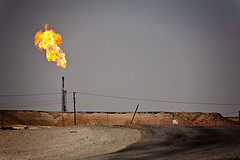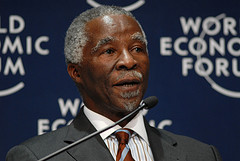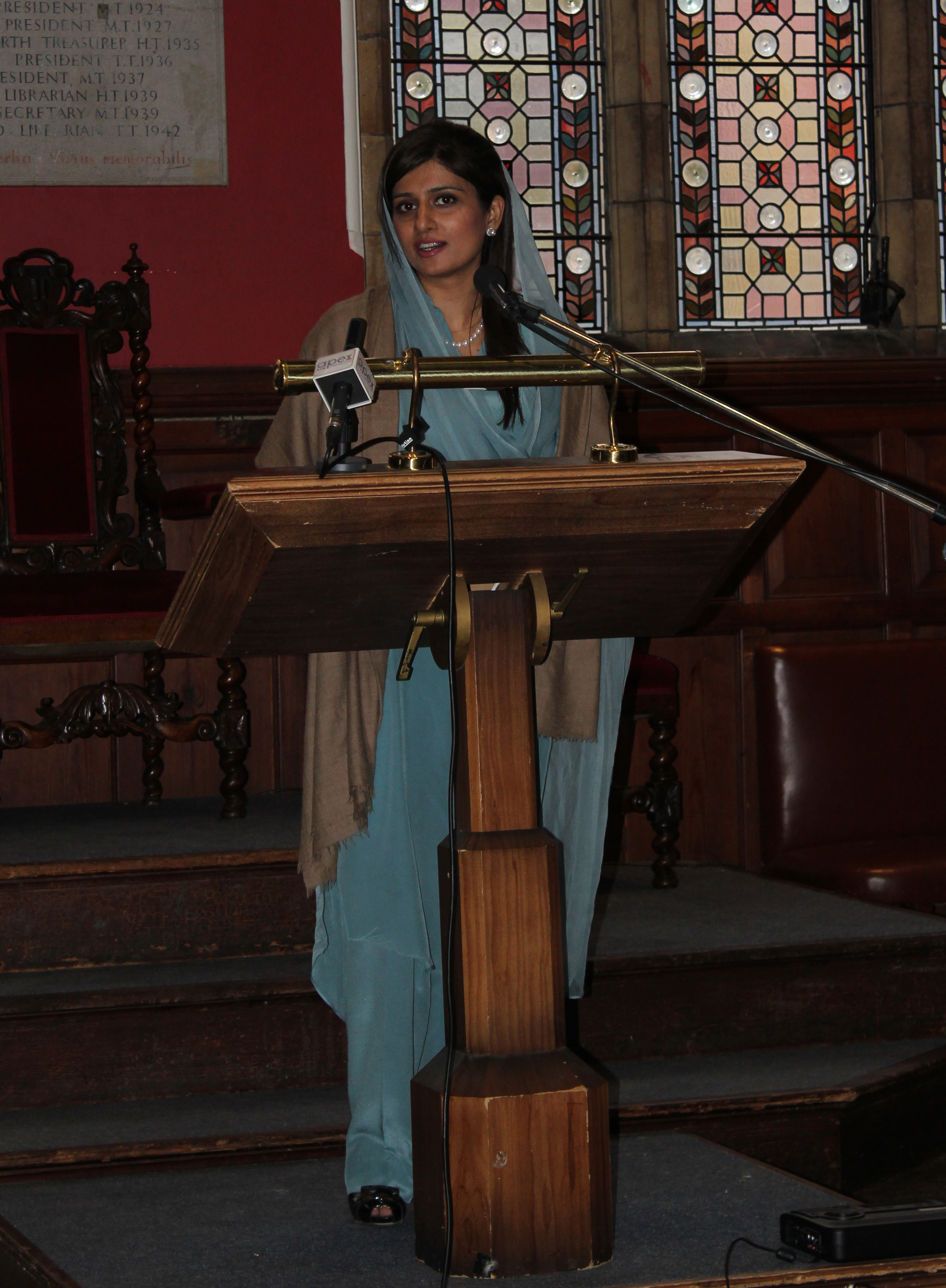The risks of the current approach to Greece and the Euro-crisis
Last week, I debated how much more the Greek nation can take given the enormous internal and external pressures on families, society and the nation. When discussing this with my friend and colleague Pavlos Efthymiou, we realised that some important points were missing and have rewritten the article together (also published on ELIAMEP). Mainstream International Relations (IR) thinking (see Realism, Liberalism) holds that the national interest drives states to act the way they do on the international stage. This post-hoc rationalising to explain policy outcomes works successfully enough to be employed by the majority of policy-makers, academics, and analysts to inform their audiences. However, what they are often missing is how such an interest comes about and what it is …

Looking back at the Salman Rushdie Affair
I have a new piece on Salman Rushdie in Current Intelligence, following up on my previous article, ‘Does Salman Rushdie Exist’, also republished on Politics in Inspires. In this new piece I discuss the “Rushdie Affair” more broadly. Below is a snippet of my longer article, the rest of which can be read over on Current Intelligence’s website. Rushdie Redux As a symbol of free expression under threat, Salman Rushdie has become a fetish for liberals, who not only consider it blasphemy to criticize this wealthy and influential author, but also require a ritual condemnation of the “fanaticism” that once put his life at risk. This despite the fact that the threat he faced lies more than twenty years …

Oil wealth after the Arab Spring: A trillion-dollar catalyst for change
At the end of the 19th Century, Lord Curzon, the then British Viceroy of India, described Iran and its Arab neighbours as “pieces on a chessboard upon which is being played out a game for the domination of the world”. The geostrategic importance of the Middle East, with its immense oil wealth, has shaped the policies of colonial empires, secured the longevity of autocratic regimes and given rise to religious elites. The ‘game of chess’, as described by Lord Curzon, promises great riches and influence for the players involved, but has often come at a huge cost for the majority of the Arab people. Indeed, oil wealth, so narrowly shared between the region’s ruling minorities, has historically presented a barrier …

Fighting words: African leaders should be careful to call Western intervention ‘re-colonisation’
The institutions of the United Nations are slaves to the objectives of Western powers, and these powers are determined to make Africa an appendage to the West. Or so Thabo Mbeki claims. Mbeki, the former president of South Africa and the founding chairperson of the African Union, made these comments in a recent speech deploring what he termed the ‘re-colonisation’ of Africa. Mbeki went on to suggest that recent armed interventions in Africa were representative of the West’s willingness to exploit the universal principles of democracy, human rights and good governance to further their material interests. Re-colonisation is an idea that by now suffers from severe intellectual fatigue. The harshness of Mbeki’s terms of reference is reminiscent of the ramblings …

Reflections on Pakistan Foreign Minister Hina Rabbani Khar’s visit to Oxford
The Foreign Minister of Pakistan, Ms. Hina Rabbani Khar, was hosted on 20th February for a talk at the Oxford Union by the Oxford University Pakistan Society and the Oxford Union Society. As the young female foreign minister of a country embedded in popular media imagination as a haven for all sorts of retrogressive elements, Ms. Khar’s visit was bound to generate a lot of interest among the student body. And so it proved as around 200 students attended Ms. Khar’s address which was covered by Pakistan’s major media outlets. The content of Ms. Khar’s speech was quite broad and overarching wherein she not only covered her own domain of Pakistani foreign policy but also set out what she believed …

Afghanistan’s human rights gains are too precious to compromise
Compared to the Taliban era of the 1990s, Afghanistan has made impressive gains in the sphere of human rights, especially women’s rights. The Afghan constitution prohibits discrimination between citizens “whether man or woman”. Consequently, Afghan women have a visible presence in parliament, cabinet, civil administration and media. As pillars of civil society activism, they have played a crucial role in expanding female education across the country. For the moment, the Afghanistan Independent Human Rights Commission keeps the government under scrutiny and the country’s vibrant media promotes a culture of free enquiry in what is still a predominantly tribal society. What Afghanistan has been able to achieve in the middle of a war, with international help, was virtually unthinkable over a …
How much more can the Greek nation take (until it fights back)?
Yesterday Geoffrey Gertz commented in this blog on German Finance Minister Wolfgang Schäuble’s statement on elections in Greece. Indeed solving this crisis will be tough, but perhaps international relations theories can offer some advice on what is needed to address current problems. Part of what is downplayed in recent analysis is the impact of the crisis on national emotions and pride. Realism and Liberal Institutionalism propose that national interest drives states to act the way they do. This type of post hoc rationalising to explain outcomes works successfully enough for academics, policy-makers and journalists; however, what they are missing is how such an interest comes about and what fuels it. Richard Ned Lebow of Dartmouth University published in 2010 ‘Why Nations Fight’. In …
Did the German Finance Minister Seriously Just Suggest Greece Postpone Elections?
I didn’t think it was possible, but the situation between the Greeks and the Germans just grew considerably more ridiculous. German finance minister Wolfgang Schäuble said in a radio interview that the Greeks should postpone national elections planned for April and instead adopt a technocratic government that leaves out the country’s major political parties (h/t Tyler Cowen, who correctly files this under ‘Department of Yikes’, and it’s worth noting that the Finns and the Netherlands are also apparently on board with the German plan). Wow. Due to the Eurozone crisis a lot of things which would have seemed unthinkable a few years ago are now plausible, but even by our new 2012 standards this is just insane. Suffice it to …









